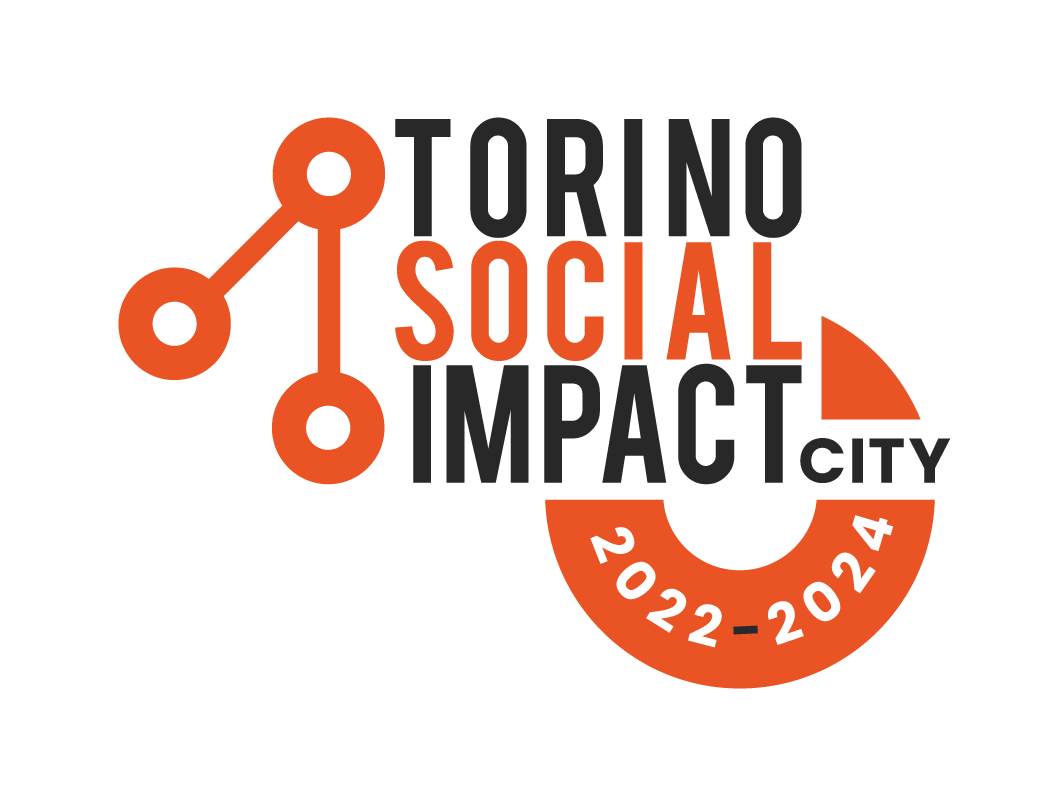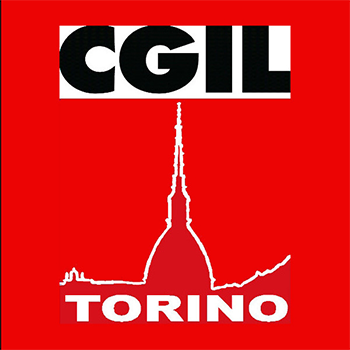The CGIL, the Italian General Confederation of Labour, is a trade union organization of a programmatic, unitary and democratic nature, multi-ethnic, of women and men. It repudiates and combats all forms of harassment, discrimination and violence against women and those based on sexual orientation and gender identity. It repudiates fascism and racism, upholds the values and principles of legality and opposes mafia, terrorist and criminal associations by all means.
It is the oldest Italian trade union organization and is also the most representative, with its over 5 million members.
The history of CGIL is deeply intertwined with the history of our country; we stipulate and develop, through our categories, the Collective Labour Agreements, we carry out a protective action aimed at defending, affirming and conquering individual and collective rights; we struggle to recompose existing inequalities in the labour market and in the society through inclusive bargaining actions; we develop bargaining initiatives of site, production chain, social and territorial. We protect the world of stable and precarious work, subordinate, parasubordinate and self-employed. We work for the interests of employed, unemployed and retired people.
The organizational structure of the CGIL promotes the widest and most active participation of members, the most effective commitment to democracy and union unity and aims to extend its presence in the territory.
Cgil Torino is a partner of Torino Social Impact because it believes in the development of social impact entrepreneurship.
The use of VIS instrument also in traditional manufacturing, agriculture and industry companies, as well as activities that, for various reasons, operate in the social and cultural sphere, could really generate positive effects on workers and on the community that welcomes the company. It’s possible create new answers to welfare needs today not totally covered by the public system.
In the same way, adopting the VIS in the corporate welfare plans would allow to better orient the offer of the services provided to workers, generating resources and benefits also for the territorial welfare services in which the company is located.
We also believe that introducing the VIS as a rewarding criterion in public tenders or in co-programming and co-design processes can be useful to qualify local services and interventions.The Public Administration must be an integral part of the impact economy, operating a programmatic reading of needs, exercising the role of governance and creating the infrastructural conditions for a sustainable company.All this can’t be separated from the use of quality work, which puts in the center the dignity of the person.


